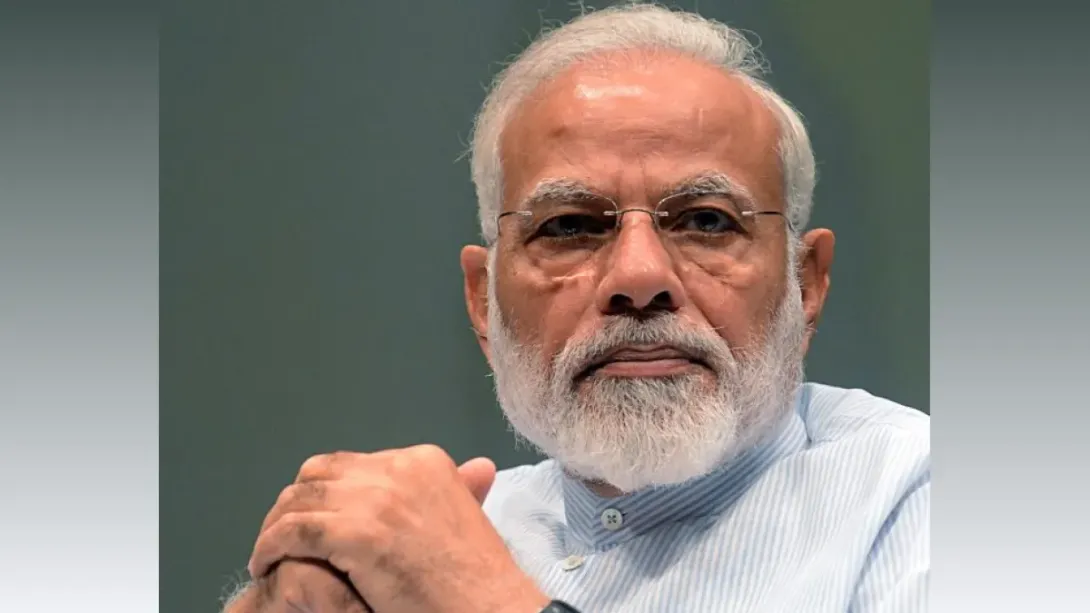United Kingdom Prime Minister Keir Starmer arrived in Mumbai on Tuesday, beginning his maiden visit to India since taking office. The visit, aimed at strengthening bilateral trade, innovation, and investment ties, comes after the successful signing of the India–UK Free Trade Agreement (FTA). Starmer is leading a high-profile delegation of business leaders, academics, and policymakers to deepen cooperation in technology, finance, and education. While trade and strategic relations top the agenda, Starmer clarified that visa liberalisation is not part of ongoing discussions. His visit underscores a pragmatic reset in post-Brexit UK diplomacy, highlighting India’s central role in London’s global economic outreach.
Strategic Context: A Diplomatic and Economic Reset
Starmer’s visit represents a deliberate step toward redefining the UK–India relationship beyond symbolism and towards substantive economic cooperation. His choice of Mumbai — India’s financial hub — for the first leg of the tour sends a strong signal about Britain’s investment priorities in the Indo-Pacific region.
He was received by Maharashtra Chief Minister Eknath Shinde, Deputy Chief Ministers Devendra Fadnavis and Ajit Pawar, and Governor Acharya Devvrat, in a welcome that reflected India’s recognition of the visit’s diplomatic weight. Starmer’s engagements will include participation in the Global Fintech Fest, the India–UK CEO Forum, and private sessions with Indian industry leaders to explore new collaborations in financial technology, renewable energy, and higher education.
Strengthening Bilateral Trade and Investment
The India–UK Free Trade Agreement, recently concluded after years of negotiation, forms the backbone of this visit. Starmer’s government has emphasised that the FTA is not merely a trade pact but a strategic blueprint for long-term economic partnership.
India, one of the world’s fastest-growing major economies, offers the UK access to a vast consumer base, digital innovation ecosystem, and skilled workforce — crucial as London seeks to diversify its global trade network post-Brexit. For India, deeper ties with the UK open opportunities for technology transfer, capital inflow, and enhanced market access in sectors like pharmaceuticals, electric mobility, and financial services.
Starmer’s delegation includes over 120 representatives from top British corporations and universities — a reflection of the comprehensive approach his administration is taking toward the partnership.
Clarifying the Visa Debate
Ahead of his India trip, Starmer made it clear that the UK’s trade policy with India would not include visa liberalisation for workers or students. This stance aligns with his broader domestic policy priorities, focusing on economic reform and border control. However, both sides are expected to discuss ways to simplify mobility for skilled professionals and researchers through existing frameworks, ensuring talent exchange continues within structured limits.
This nuanced position signals London’s attempt to balance domestic political pressures with its global ambition to engage India as a cornerstone of its Indo-Pacific economic strategy.
Technology, Innovation, and Sustainable Development
Beyond trade, Starmer’s discussions are expected to centre on climate cooperation, green technology, and digital innovation. The UK has been keen to partner with India on renewable energy initiatives, sustainable urban development, and clean finance solutions. The fintech sector, in particular, is poised to emerge as a pillar of collaboration, with both nations exploring joint ventures in blockchain, financial inclusion, and digital infrastructure.
India’s rapid fintech expansion — with a market projected to surpass USD 150 billion by 2025 — offers fertile ground for UK investors seeking high-growth opportunities in the digital economy.
A Balanced and Forward-Looking Partnership
Starmer’s visit underscores a pragmatic, business-first approach to foreign policy. Rather than relying solely on historical ties, his administration seeks a modern, forward-looking alliance built on shared economic interests and mutual growth.
Analysts suggest that the visit could set the tone for a decade of deepened engagement between the two democracies, aligning their strategies on technology, climate, and global security. As Starmer prepares to meet Prime Minister Narendra Modi in New Delhi, the focus will be on translating rhetoric into results — turning the bilateral partnership into a model of 21st-century economic diplomacy.

Comments